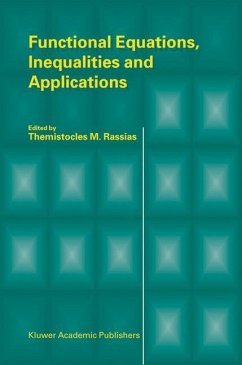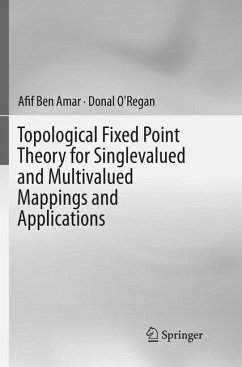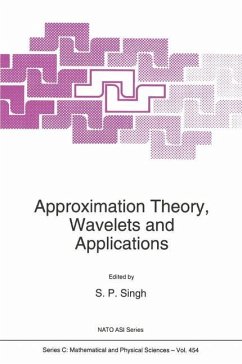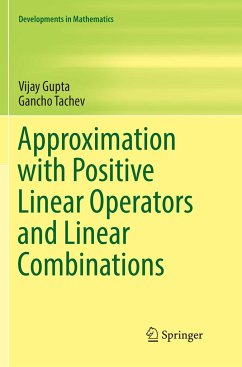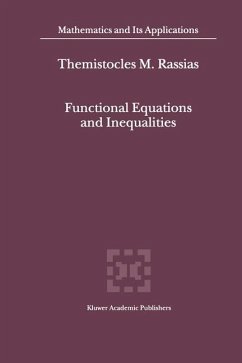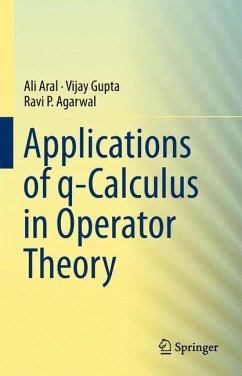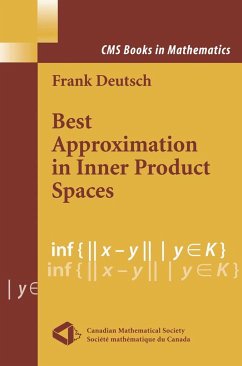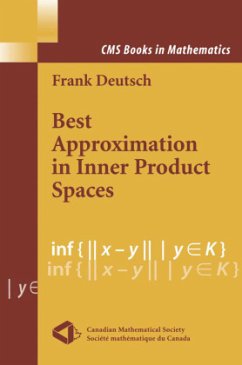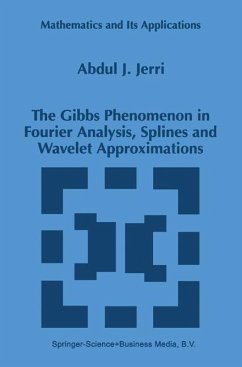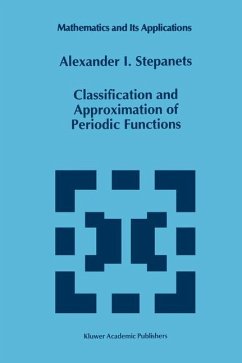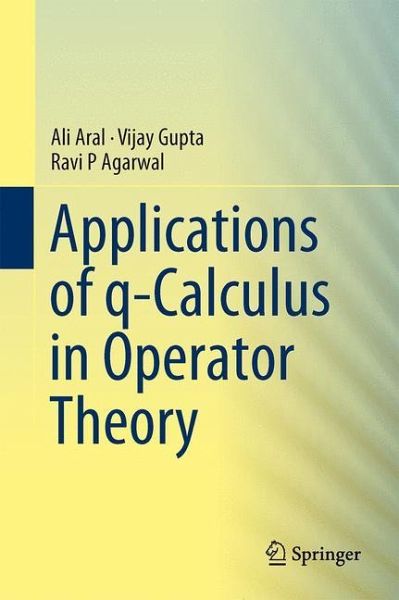
Applications of q-Calculus in Operator Theory
Versandkostenfrei!
Versandfertig in 6-10 Tagen
38,99 €
inkl. MwSt.
Weitere Ausgaben:

PAYBACK Punkte
19 °P sammeln!
The approximation of functions by linear positive operators is an important research topic in general mathematics and it also provides powerful tools to application areas such as computer-aided geometric design, numerical analysis, and solutions of differential equations. q-Calculus is a generalization of many subjects, such as hypergeometric series, complex analysis, and particle physics. This monograph is an introduction to combining approximation theory and q-Calculus with applications, by using well- known operators. The presentation is systematic and the authors include a brief summary of...
The approximation of functions by linear positive operators is an important research topic in general mathematics and it also provides powerful tools to application areas such as computer-aided geometric design, numerical analysis, and solutions of differential equations. q-Calculus is a generalization of many subjects, such as hypergeometric series, complex analysis, and particle physics. This monograph is an introduction to combining approximation theory and q-Calculus with applications, by using well- known operators. The presentation is systematic and the authors include a brief summary of the notations and basic definitions of q-calculus before delving into more advanced material. The many applications of q-calculus in the theory of approximation, especially on various operators, which includes convergence of operators to functions in real and complex domain forms the gist of the book.
This book is suitable for researchers and students in mathematics, physics and engineering, and for professionals who would enjoy exploring the host of mathematical techniques and ideas that are collected and discussed in the book.
This book is suitable for researchers and students in mathematics, physics and engineering, and for professionals who would enjoy exploring the host of mathematical techniques and ideas that are collected and discussed in the book.





